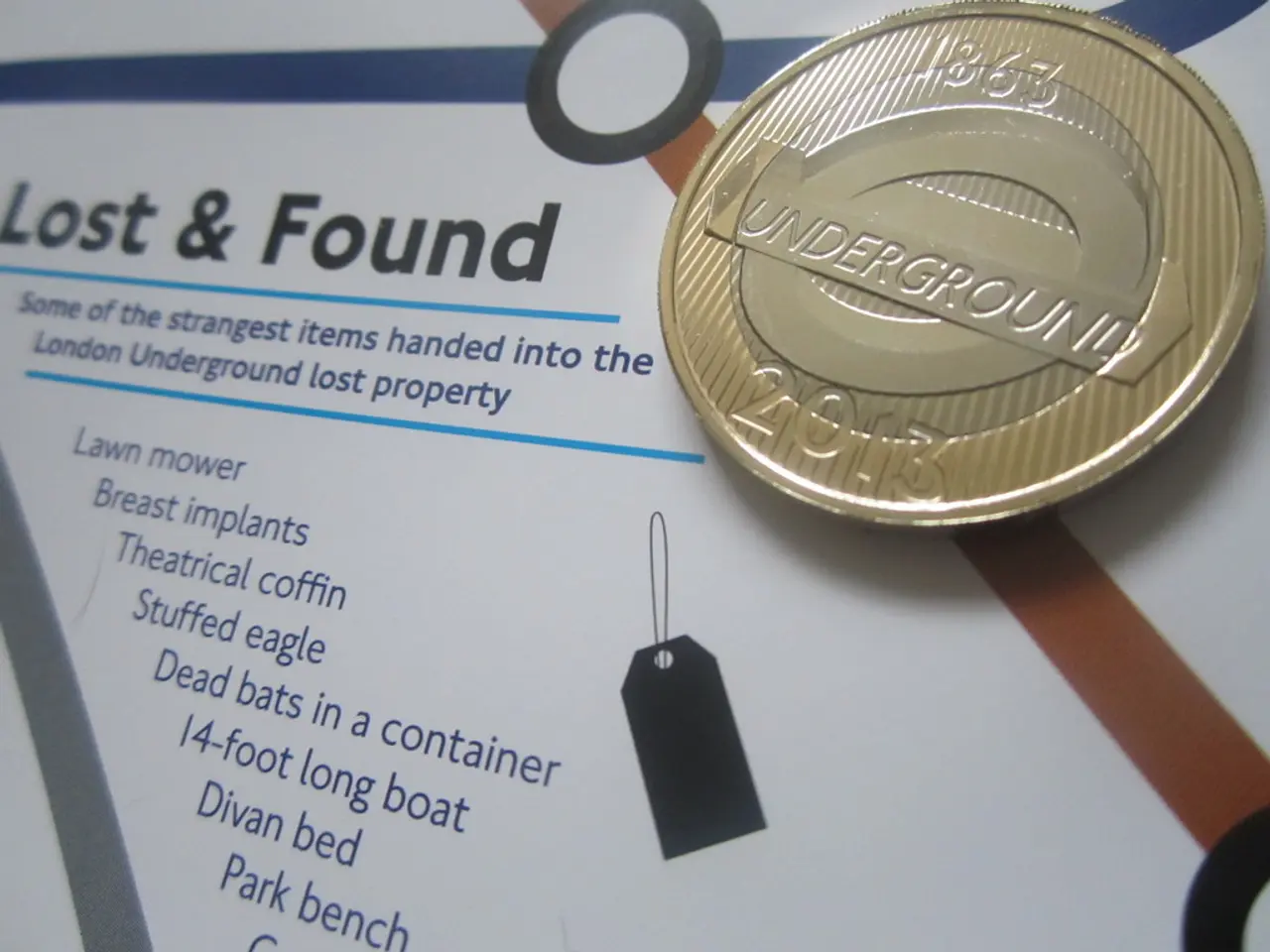Cryptocurrency Regulatory Landscape Shape-up in 2024
In the ever-evolving world of cryptocurrencies, regulators worldwide are working tirelessly to ensure a secure and compliant environment for investors and businesses. This article provides an overview of the key regulatory frameworks in various countries, with a focus on the main regulators, regulations, and enforcement mechanisms.
Hong Kong and Singapore
The Securities and Futures Commission (SFC) and The Hong Kong Monetary Authority (HKMA) are the main regulators in Hong Kong, overseeing the cryptocurrency sector through regulations such as the Anti-Money Laundering Ordinance, Guideline on Anti-Money Laundering and Counter-Financing of Terrorism, and guidelines for Virtual Asset Trading Platform Operators. Similarly, the Monetary Authority of Singapore (MAS) is the main regulator in Singapore, enforcing regulations like the Payment Services Act. Both jurisdictions have implemented the Travel Rule, a crucial AML requirement for Virtual Asset Service Providers (VASPs).
South Korea
The Financial Services Commission (FSC) is the main regulator in South Korea. Services involved in buying or selling virtual assets, exchanging virtual assets with other virtual assets, transferring virtual assets, storing or managing virtual assets, brokering, arranging, or acting as an agent for the above activities are affected by the regulations in South Korea. The Act on the Reporting and Use of Specific Financial Transaction Information is the main regulation, with the Travel Rule also being implemented.
Turkey
The Capital Markets Board is the main regulator in Turkey. The Amendment on Crypto Assets to Law No. 6362 on the Capital Markets, Regulation on the Disuse of Crypto Assets in Payments, and Regulation on Measures Regarding Prevention of Laundering Proceeds of Crime and Financing of Terrorism are the main regulations in Turkey. Crypto asset service providers are affected by the AML law, and the Travel Rule is under development.
Malaysia
The Securities Commission Malaysia (SCM) is the main regulator in Malaysia. The CAPITAL MARKETS AND SERVICES (PRESCRIPTION OF SECURITIES) (DIGITAL CURRENCY AND DIGITAL TOKEN) ORDER 2019, The Guidelines on Recognized Markets, The Guidelines on Digital Assets, and the AML & CFT Guidelines For Reporting Entities Providing Services Related To Virtual Digital Assets are the main regulations in Malaysia. Recognized Market Operator for Digital Asset Exchanges (RMO-DAX), Digital Asset Custodian (DAC), and Initial Exchanges Offering (IEO) are also affected by the regulations in Malaysia.
India
The Reserve Bank of India, the Ministry of Finance of India, and the Financial Intelligence Unit of India (FIU-IND) are the main regulators in India. VASPs and services of facilitating the exchange of digital payment tokens are affected by the regulations in India, with AML & CFT Guidelines For Reporting Entities Providing Services Related To Virtual Digital Assets being the main regulation. Transaction monitoring is another AML requirement for VASPs, and KYC checks are mandatory for crypto operations in most jurisdictions.
International Cooperation
Groups such as the Financial Stability Board (FSB) and G20 promote high-level recommendations and roadmaps to harmonize standards on stablecoin regulation, cross-border information sharing, and risk disclosures. The FSB's suggestions support interoperable global regulations and encourage public-private sector collaboration for effective oversight.
In summary, the global approach to cryptocurrency regulation blends national regulatory frameworks tailored to local contexts with efforts by international bodies to create coordinated standards and information sharing. Enforcement relies on specialized financial authorities backed by AML laws and licensing regimes, with growing emphasis on consumer protection, market transparency, and cross-border regulatory cooperation. Emerging acts like the US GENIUS Act and the EU’s MiCA indicate increasing sophistication and unification of crypto regulations worldwide.
[1] European Securities and Markets Authority (ESMA): https://www.esma.europa.eu/ [2] Securities and Exchange Commission (SEC): https://www.sec.gov/ [3] Financial Crimes Enforcement Network (FinCEN): https://www.fincen.gov/ [4] Commodity Futures Trading Commission (CFTC): https://www.cftc.gov/ [5] Financial Stability Board (FSB): https://www.fsb.org/
- Hong Kong's Securities and Futures Commission (SFC) and The Hong Kong Monetary Authority (HKMA), and Singapore's Monetary Authority of Singapore (MAS) are industry leaders in regulating cryptocurrencies, implementing regulations such as the Anti-Money Laundering Ordinance and the Payment Services Act respectively, for finance and business sectors, while focusing on lifestyle changes and investing opportunities.
- South Korea's Financial Services Commission (FSC) is the primary regulator, enforcing regulations like the Act on the Reporting and Use of Specific Financial Transaction Information, with a focus on finance, business, and technology, to maintain a secure and compliant environment for users.
- In Turkey, the Capital Markets Board regulates the cryptocurrency sector with main regulations including the Amendment on Crypto Assets to Law No. 6362 on the Capital Markets, and focuses on education-and-self-development for investors to make informed decisions.
- The Securities Commission Malaysia (SCM) oversees cryptocurrency activities, regulating Digital Asset Exchanges (DAX), Initial Exchanges Offering (IEO), and Digital Asset Custodian (DAC) services, affecting business, finance, and technology sectors, while ensuring general news and sports coverage do not violate AML regulations.
- India's Reserve Bank of India, the Ministry of Finance of India, and the Financial Intelligence Unit of India (FIU-IND) work together to regulate Virtual Asset Service Providers (VASPs) within the context of AML & CFT Guidelines For Reporting Entities Providing Services Related To Virtual Digital Assets, with an emphasis on casino-and-gambling restrictions and consumer protection. International cooperation bodies like the Financial Stability Board (FSB) and G20 work towards creating harmonized global regulations, fostering collaborative efforts between public and private sectors.




